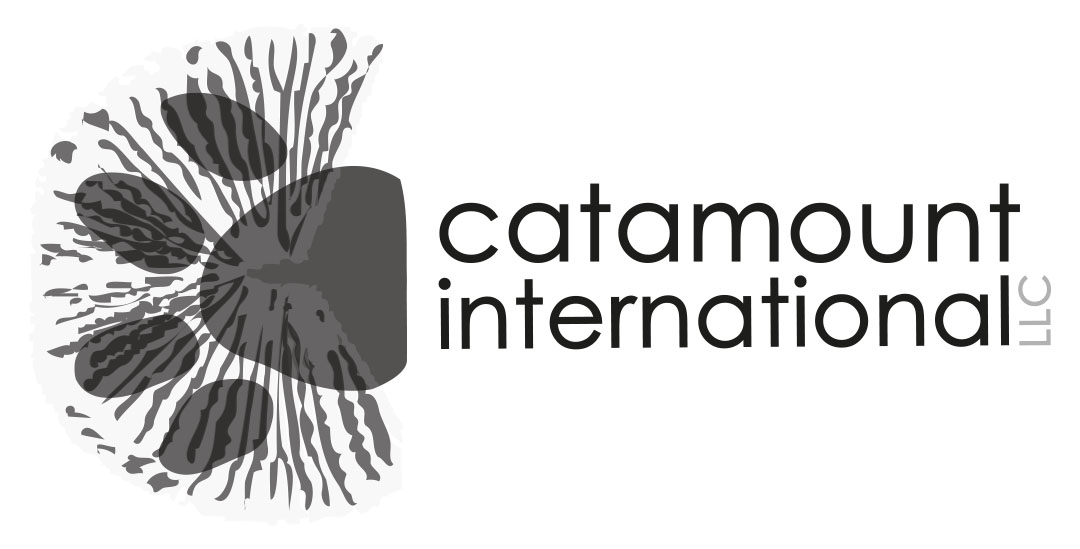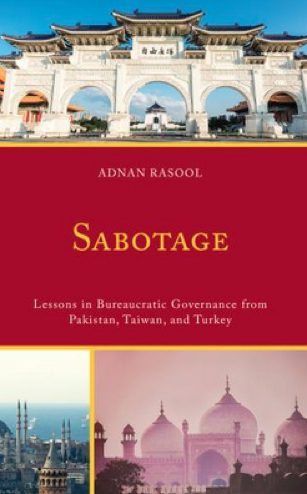Sabotage
Breve Descripción
¿Cómo sigue funcionando un Estado y asegurando la prestación de servicios públicos incluso en tiempos de crisis política? Sabotage: Lessons in Bureaucratic Governance from Pakistan, Taiwan, and Turkey argumenta que la respuesta es que una burocracia de alta calidad opera con autonomía institucional. Utilizando datos primarios recopilados a través de un extenso trabajo de campo en Pakistán, Turquía y Taiwán, explica cómo la burocracia es el eje que puede salvar o sabotear un estado. Una burocracia de alta calidad basada únicamente en los ideales weberianos no es suficiente, necesita autonomía institucional para operar a un nivel óptimo.
Breve descrição
Como um Estado continua funcionando e garantindo a prestação de serviços públicos mesmo em tempos de crise política? Sabotagem: lições de governança burocrática do Paquistão, Taiwan e Turquia argumenta que a resposta é que uma burocracia de alta qualidade opera com autonomia institucional. Usando dados primários coletados por meio de extenso trabalho de campo no Paquistão, Turquia e Taiwan, ele explica como a burocracia é o eixo que pode salvar ou sabotar um estado. Uma burocracia de alta qualidade baseada apenas nos ideais weberianos não é suficiente, ela precisa de autonomia institucional para operar em um nível ótimo.
Full description
How does a state continue functioning and ensuring public service delivery even during times of political crisis? Sabotage: Lessons in Bureaucratic Governance from Pakistan, Taiwan, and Turkey argues the answer is that a high-quality bureaucracy operating with institutional autonomy. Using primary data collected through extensive fieldwork in Pakistan, Turkey, and Taiwan, it explains how bureaucracy is the lynchpin that can save or sabotage a state. A high-quality bureaucracy based on Weberian ideals alone is not enough, it needs institutional autonomy to operate an optimal level. Using evidence from all three country cases, the book maps out scenarios of what happens when bureaucratic quality and institutional independence are altered. In the case of Taiwan, bureaucracy plays the role of a facilitator during democratization figuratively saving the state, while Turkey offers a scenario of democratic backsliding that is predicated on gutting bureaucratic competence . While the case of Pakistan theorizes that a bureaucracy as the guardian of a state can sabotage any reform or change in service of self-preservation. The book offers also offers useful insights about the process of democratization, such as a professionalized bureaucracy is the first step for democracy to take root, and that possible backsliding can be detected early on based on whether a government is purposely weakening the bureaucracy or hurting institutional autonomy through politicization. The book also proposes that reforms, specifically bureaucratic reforms need to be enacted for them to work.
Social science
otras áreas de / interés...
other areas of / interest...
outras áreas de interesse...
¿Buscas un título en un área específica?
¿Buscas un título en un área específica?
¿Procurando livros em uma área específica?














